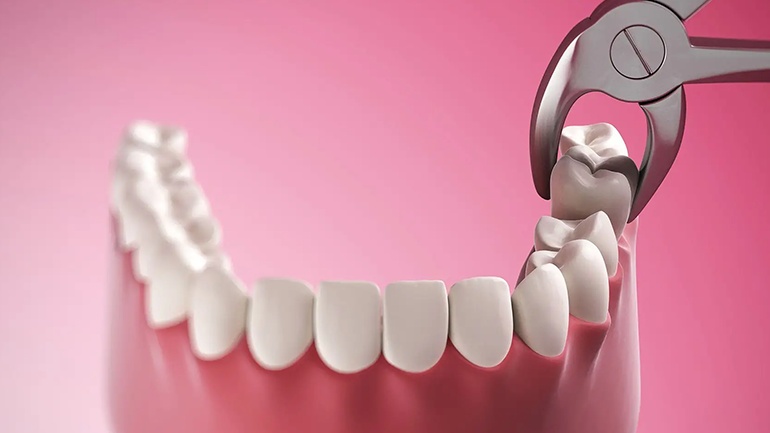Jaw pain is a problem people who suffer from various dental diseases might experience. Caused by various factors, such as a recent dental implant or gum disease, jaw pain might significantly lower one's quality of life.
Thankfully, in most cases, jaw pain can be treated by simple operations or medications. However, there is always a possibility that the pain may indicate a more serious underlying condition, like cancer or even a heart attack. In this article, we will explore the most common causes of such pain.
7 Possible Causes of Jaw Pain
1. Infection
Most of the time, excessive jaw pain indicates an infection. Two types of infection are the most common culprits for such pain:
-
Sinus infection: The sinuses are located just on top of the jaw. If your sinuses get filled with fluids, it might cause an infection, putting pressure on your sinus cavities and leading to jaw pain.
-
Ear infection: Jaw pain one side might be the sign of an ear infection build-up. This type of infection is usually caused by bacteria or viruses in the middle ear and can radiate through the face.
2. Wisdom Tooth Pain
Wisdom teeth are the final - and most troublesome - set of teeth to form during your adult life. Since most people do not have enough space in their mouth for wisdom teeth to erupt, these teeth can cause trouble.
A problematic set of wisdom teeth might cause excessive wisdom tooth pain in jaw and trouble opening your mouth. Wisdom tooth jaw pain can also pressure on other teeth and make it difficult to chew food.
3. Tooth Extraction
A common question people who get a tooth extraction ask is: "How long jaw pain after tooth extraction last?" Under normal circumstances, the pain should last only a few days and wear off over time. Nevertheless, several reasons might cause excessive and prolonged jaw pain after an operation:

-
Dry socket: After the tooth is removed, the tooth bone is left exposed. For a healthy recovery, a protective blood clot should form over the bone and prevent external damage and dryness. If a blood clot fails to form, the tooth's bone and nerve become vulnerable, resulting in jaw pain that can last for days.
-
Infection: If bacteria remain after tooth extraction or new bacteria invade the tooth socket, an infection might build up. The easiest way to avoid such an infection is to pay attention to proper oral hygiene and follow the dentist's instructions.
4. Headaches
Sometimes, jaw pain might have a simpler answer. Cluster headaches, some of the most painful types of headaches, are one of the most common causes of discomfort in jaw.
Migraine headaches may also lead to intense pain in the jaw. This type of headache also comes with other symptoms, such as nausea, vomiting and sensitivity to light and noise.

5. Nerve Damage
Nerve pain in jaw and teeth might indicate trigeminal neuropathy or trigeminal neuralgia, a painful condition affecting the trigeminal nerve.
Trigeminal nerves help your face feel cold, warmth, pain, and touch. When an artery or a cist irritates these nerves, trigeminal neuralgia occurs. The condition results in intense discomfort in the lips, eyes, nose, and jaw pain on one side.
Trigeminal neuropathy, on the other hand, is often caused by diabetes and can lead to numbness. One of the main symptoms of neuropathy is discomfort in the jaw and mouth.
6. Cancer
Oral cancer is a possible cause of pain in ear and jaw. Other common symptoms are trouble chewing, persistent pain in the mouth and soreness.
If a patient experiences continuous jaw pain and notices any of the accompanying symptoms, it is crucial to seek medical attention as soon as possible.
7. Heart Attack
Although it is a tad unbelievable, experiencing pain in jaw could be a sign of a heart attack - especially if accompanied by difficulty breathing, sweating or dizziness.
The most common sign of a heart attack is feeling heaviness and pain in the left side of your chest. However, the pain usually does not stay in this area and spreads to the neck and the upper parts, causing jaw bone pain.


